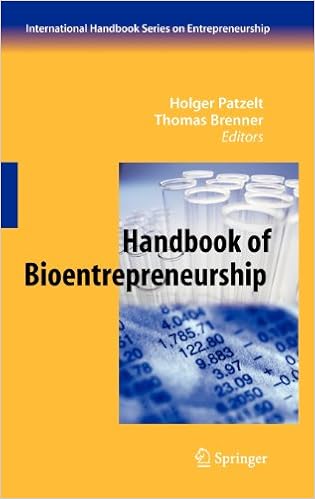I really liked Adrian Tchaikovsky's sci-fi novel "Children of Time". It is not just "another" science fiction novel. It is a masterpiece. Actually, I would rather call this novel a philosophical essay about inter-gender and inter-species relationships.
The novel describes unintended consequences of biotechnological experiments with terraformed planet in far away galaxy. In this far future Earth is in control of highly advance technologies. Planets in alien galaxies are subjected to terraforming to recreate Earth-like habitats. One such planet is about to be populated with monkeys expressing gene drive virus designed to accelerate their development. However both this experiment and soon Earth itself with all of its colonies and space stations undergo violent collapse.
But not every live form is destroyed. Virus will escape and attaches itself to the arachnids. All these events are described within first few pages of the novel. The main part of story is about how gene drive virus will influence its host, a spider world. Arachnids are chosen for a reason. In spider world gender roles are reversed [compared to mammals], so its society is dominated by females and males have no power or status. The author provides a deep analysis of gender imbalance and how it affects spider's societal development and progress as their intelligence is increasing.
In the end, intelligent spiders and remaining humans from old lost Earth will clash for survival and for the right to live on this new Earth.
This is a fascinating book. I will highly recommend it.
posted David Usharauli


